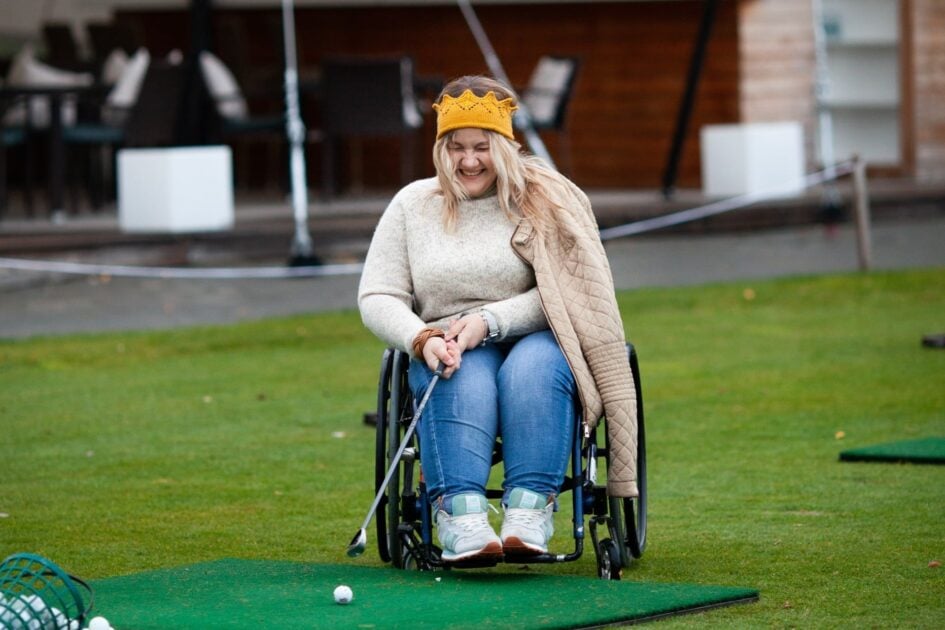Why the conversation around disabilities needs to change
This author talks about why we need to be more considerate with language we use

Ableism is not a new concept, but for some people it might not be a familiar one. Ableism is discrimination against members of the disabled community, which includes those with physical disabilities, intellectual disability, neurodiversity, communication disability, deaf and blindness along with many more. It covers all of these experiences making it a quite a large topic, coming in many different forms and impacting everyone differently.
Conversations about disabilities and ableism can be difficult. I think this is because people with disabilities are not encouraged to have these conversations in case it seems like we’re complaining or being ungrateful. But these are important conversations to have. Thankfully more and more conversations about disability and ableism are starting to happen now. More disabled voices being heard and more importantly listened to. These discussions can revolve around any issue facing the disabled community. One issue that many people are now talking about is around aids and adaptations, and how these are seen as a privilege.
Making daily life easier
Aids and adaptations are items and systems put in place to make life easier for those with disabilities. These are necessary for every part of daily life including education, travel, home life, work and even hobbies. You’ve probably seen someone use everyday aids such as frames, crutches, wheelchairs, hearing aids, guide dogs and many more. But there are some aids which are often treated as privileged such as laptops, fidget tools, reading and writing software, specialised seats and desks, examine accommodation, and travel passes.
Growing up I was told that “it didn’t seem like I needed that” or I was “lucky” to have a particular aid. Some people even said they wished they had a wheelchair cause “it seems so handy.” Aids and adaptations are not “perks of a disability.” They are necessities. They are not “unfair advantages.” They have been created to even the playing field, so to speak. Without these aids life would be much harder for members of the disability community.
Feeling ashamed when using aids
Treating aids and adaptations in this way, can have a very negative impact. For years I was ashamed and nervous to use a laptop in school, because I was told that I did not need it by one of my friends. I hated my specially adapted chair as I felt like it drew attention to me. I hated getting on public transport with others as some people would say it was “unfair” that I had a travel pass. Worst of all I started to feel as though this was true. That I didn’t need these things and that I was just being dramatic. I avoid using aids or adaptations as much as I could.
But the truth is I needed these things. Without using a laptop I wouldn’t have been able to complete written work. A regular chair would have played havoc on my spine and hips, making my condition worse. I was provided with a bus pass as I am unable to drive or walk long distances. These things were designed to make my life easier and they’re not something to be ashamed of. I always felt uncomfortable voicing my opinion on aids. When discussing them with others it would often be easier to shrug or play it off like a joke. But being put in a position where you’re forced to justify your needs is always going to be challenging.
Being mindful of our language and attitudes
As stated ableism is a large subject, which impacts everyone differently. The treatment of adaptations is just one aspect, but an important one nonetheless. So, the next time a discussion about adaptations or aids is brought up, be mindful of the language you use and the attitudes you display, because these are not advantages, they are necessities.






